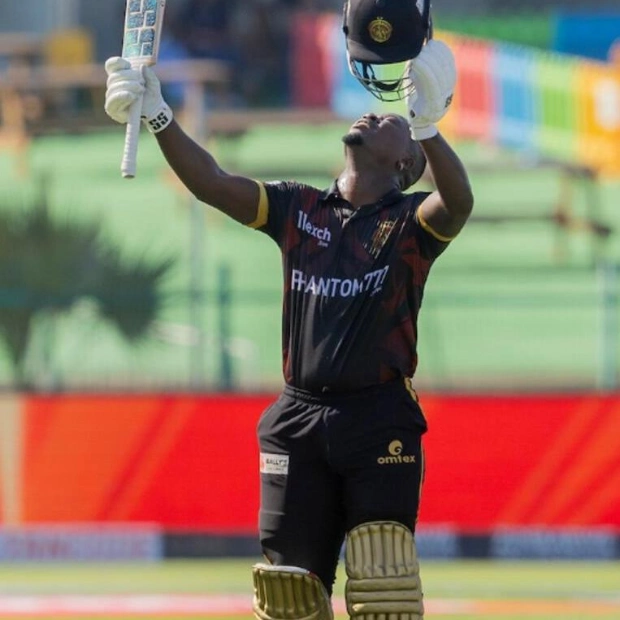Don’t look up! While the families of Westeros bicker, the undead amass beyond the Wall. As senior monks vie for the position of new abbot, Viking longboats gather on the horizon. Meanwhile, left-leaning factions endlessly debate minor doctrinal differences, while right-leaning billionaire tech-entrepreneurs fund the rise of quasi-fascist populism. Existential threats, from climate change to the arrival of the Conquistadors to the Covid pandemic, often seem distant and unreal. With so many doomsayers predicting the end of the world, it’s easy to dismiss them. But one day, one of those prophets will be proven right. Nothing is eternal.
Football has never been more popular. Crowds in England are at their highest in half a century, possibly ever if non-league football is included. The global television audience is enormous. Football is a universal obsession. Yet, this very popularity is its problem; it has attracted too many who view it not as a sport or cultural expression, but as a source of profit. Other sports, though never quite achieving football’s global appeal, have been immensely popular in the past only to decline. No one watches gladiatorial combat in arenas anymore, chariot racing is extinct, cockfighting is a relic, and even cricket—once England’s national sport—feels locked in a perpetual struggle for survival, with cash-driven short-form tournaments rendering the schedule incomprehensible.
Football’s structure is different, but as new competitions are created and existing ones expanded, its calendar increasingly feels crammed with content for content’s sake. Football has been extraordinarily resilient for 150 years, but the existential threat is real. As fans, pundits, and media argue over who “won” the Premier League v Manchester City legal battle over associated party transactions (APT), it’s reminiscent of Fuji and Kodak fighting a sales war 20 years ago, oblivious to the rise of digital technology.
The sport is now controlled by states, oligarchs, and private equity funds, none of whom are likely to care much about the long-term health of the game. They are all wealthy enough to pursue expensive litigation that could cripple football’s administrators. The sport’s governance has long been problematic, with those who run the game also profiting from it, creating a web of interrelated incentives that lead to clientelism. But this is worse. What future does any organization have if a member can effectively decide not to obey regulations voted for by others?
The case seems to have established that financial regulation is necessary to prevent successful clubs from becoming a self-perpetuating elite, and that loans from shareholders to their clubs should incur interest at market rates to avoid being considered a subsidy. This seems entirely reasonable and was already part of Uefa’s financial fair play regulations. If City’s aim was to close a loophole ensuring tighter financial controls, it’s odd that they would describe the Premier League’s plan to update the regulations as “an unwise course” that “would likely lead to further legal proceedings with further legal costs.”
The broader issue now is whether they have identified a procedural flaw that could undermine the Premier League’s 130 charges against them. There are those who argue there should be no restrictions on what clubs can spend. But then the rich win, generate more revenue, buy the best players, and win even more. This is why, until 1983, home teams in the English league paid the away team a levy, and why a maximum wage was implemented in 1901. The maximum wage soon proved exploitative, but the significant point was the rationale behind it: there must be regulation to prevent the richest clubs from developing monopoly positions.
No one ever seems to consider how the game should look. In an ideal world, how many points would the average Premier League champions get? What is a club? What happens when the investment funds of authoritarian states with command economies start dabbling in a free market? The issues are complex, global, and would require an enormous, perhaps impossible, amount of consultation and collaboration to resolve—but these are questions that are not even asked. Everyone is wrapped up in their own self-interest, driven by their own greed, which brings danger.
Already at certain clubs, there is a clear preference for high-spending occasional fans over regulars. Tournaments are bloating. The Champions League is on the verge of becoming a Super League. There is more and more content, and less and less of it means anything. Financial bullies, celebrated by fans and partisan cheerleaders, seek the right to bully financially. Football is being pulled away from the communities that nurtured it.
What if the global appetite for football dwindles? What if this new audience moves on to MMA or esports, or something else? If English football has alienated its base, it might find there isn’t much left, and the self-absorbed mega-rich aren’t going to stick around to bail out the decades-old institutions they own; the medium-to-long term isn’t in their thinking. What if an infinitely rich owner bankrupts the Premier League?
How might football end? Through the greed and monstrous self-interest of those who never really cared for the game, and the complacency of those who allowed it to happen. Winter may already be here.






